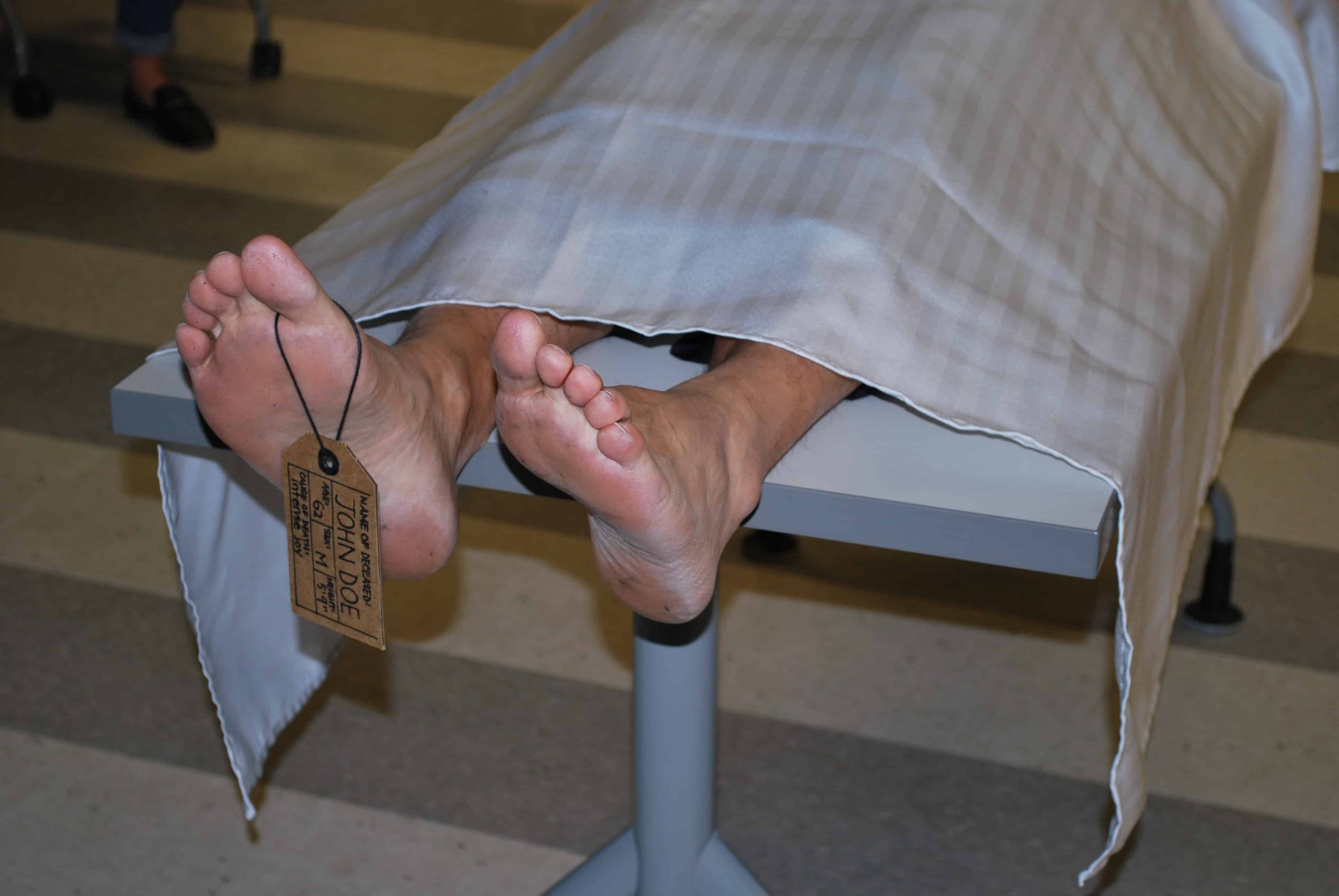With the recent passing of Bill C-14, assisted suicide will soon be removed from the Criminal Code. This has left a void in the discussions surrounding one of the most taboo topics of the last two decades in Canada. These questions were posed by Dr. Alex Jadad during UTIHP’s What is a good death? event, which was held on October 28.
Jadad is a physician who founded the Centre for Global eHealth Innovation, Professor at the Dalla Lana School of Public Health, and Director of the Institute for Global Health Equity and Innovation.
He is also the man who, for his birthday, asked his family to hold his funeral.
“I want [my family] to spend time with me,” he says. “Imagine that I am dead and tell me what you think you would say at my funeral. And each of them spent time with me, with no limits. And it was one of the most beautiful experiences of my life. They told me of all the wonderful things we had shared.”
Death may be a taboo topic but it doesn’t have to be, says Jadad. As he looks around the standing-room-only gathering, Jadad asks everyone to close their eyes and think hard about their own death. What does it look like? What is an ideal death to them? One by one, the audience answers him: surrounded by loved ones, in peace, no pain, at home, with no regrets, were some of the responses many people shared. So why then do we leave our deaths in the hands of medicine, die in a hospital, hooked up to machines and tubes?
“Medicine,” Jadad emphatically declares, “is about fighting for and saving lives and ignoring death.”
This realization may be hard to handle for some. There is a natural tendency to want to fight for life. To want the best physicians, surgeons, and experts in the field to fight to prolong life. This is the human condition — to want to live and avoid death.
So why don’t we do that, Jadad poses. Why don’t we live like we are going to die?
“Live your life so that you would like to repeat it an infinite number of times,” Jadad says, quoting Friedrich Nietzsche.
Basically, death is just an extension of our lives; our lives belong to us and so should our death. Our lives are as private and intimate as we wish them to be, and it would only seem reasonable, Jadad emphasizes, to truly own our deaths with pride and autonomy — to live our death like we lived our lives.
Death is just a natural extension of life. This is not necessarily something to be shunned, feared, or fought against, since it is almost entirely out of our control. We are, however, in complete control of how we will spend our days before then. In Jadad’s opinion, even the day of our death is somewhat under our control.
So why don’t we make our deaths as beautiful as the rest of our lives?


